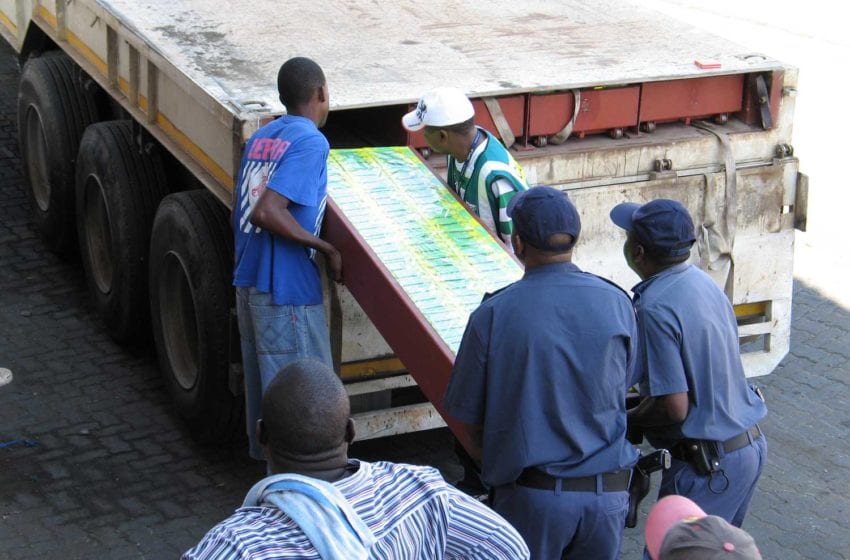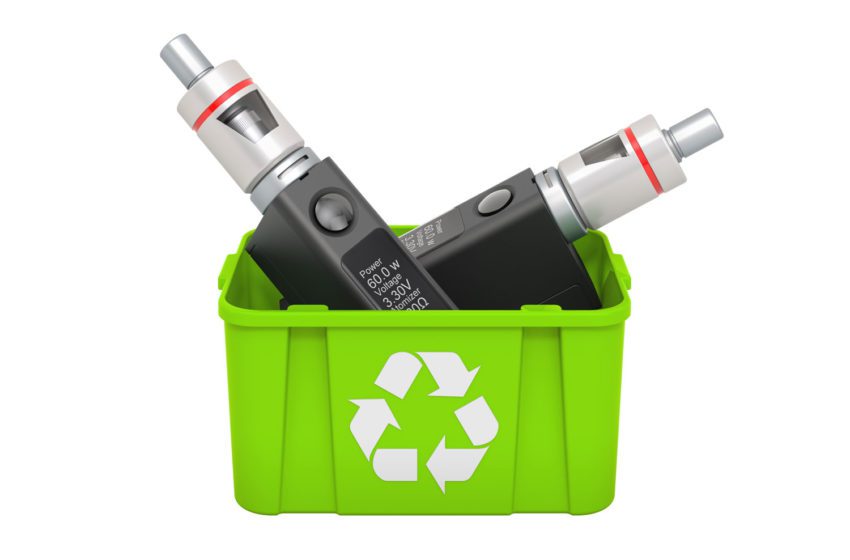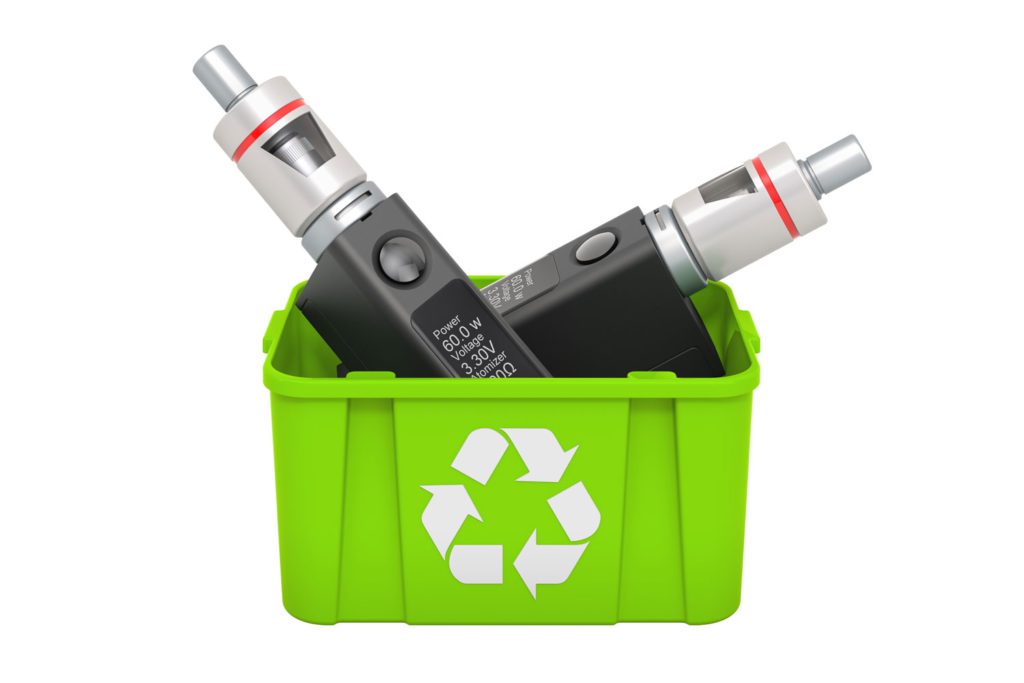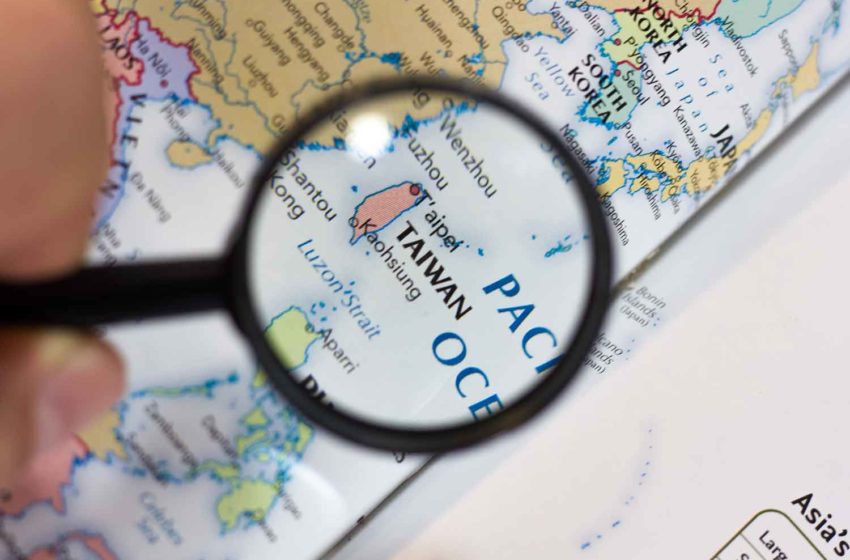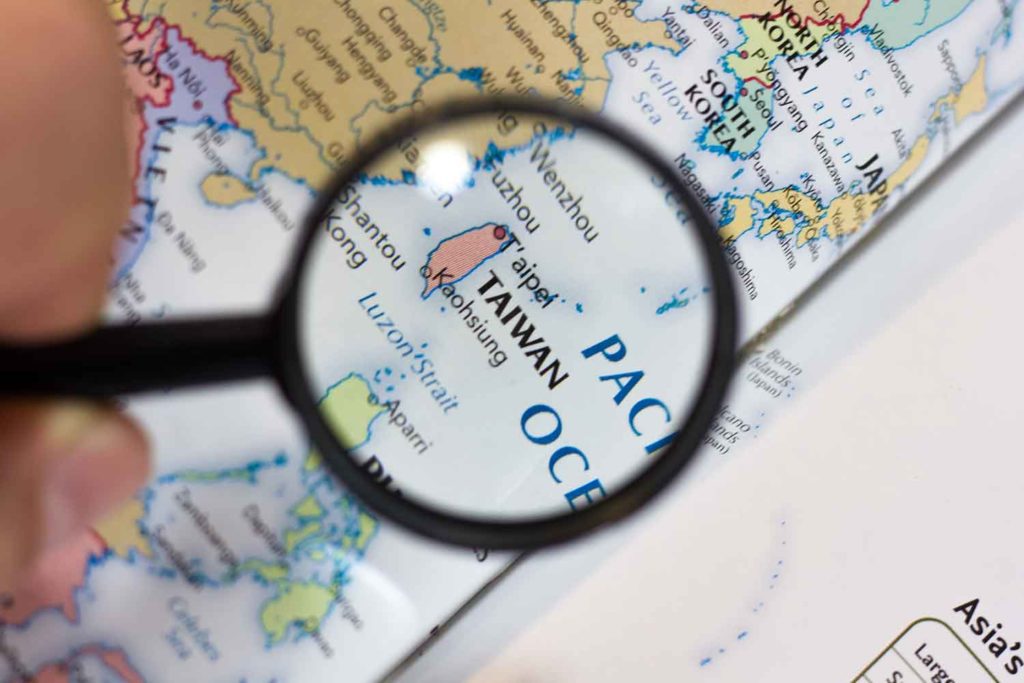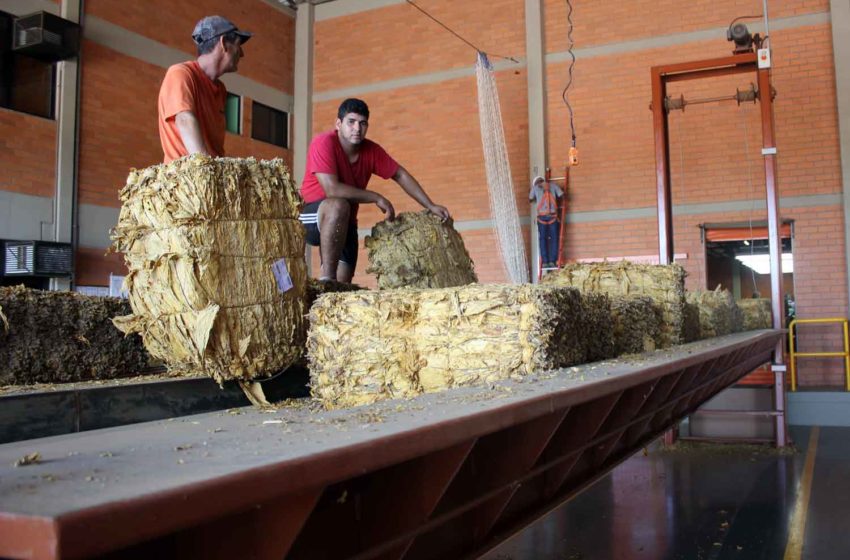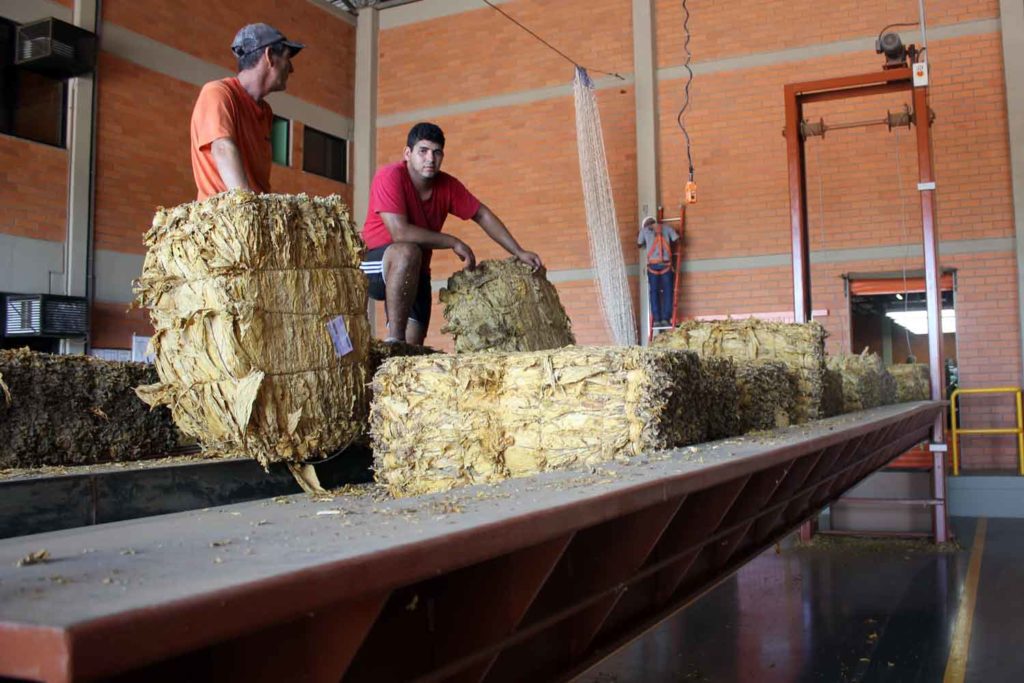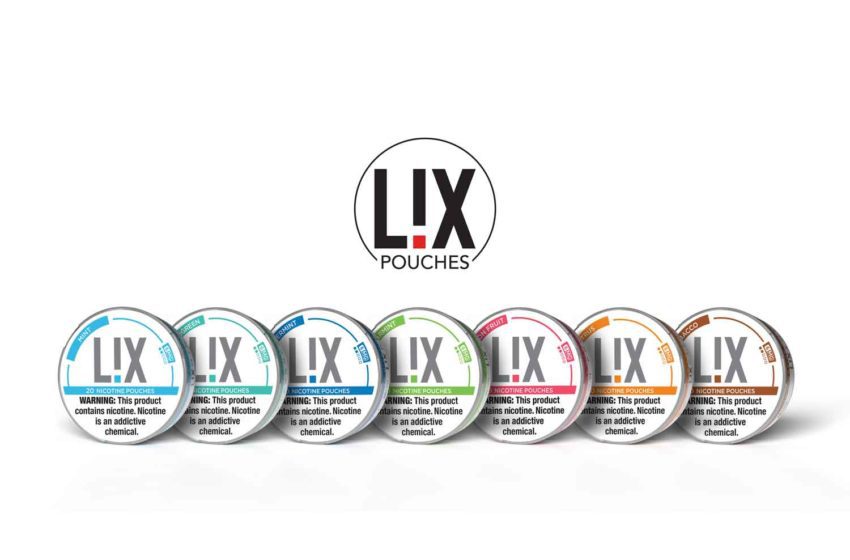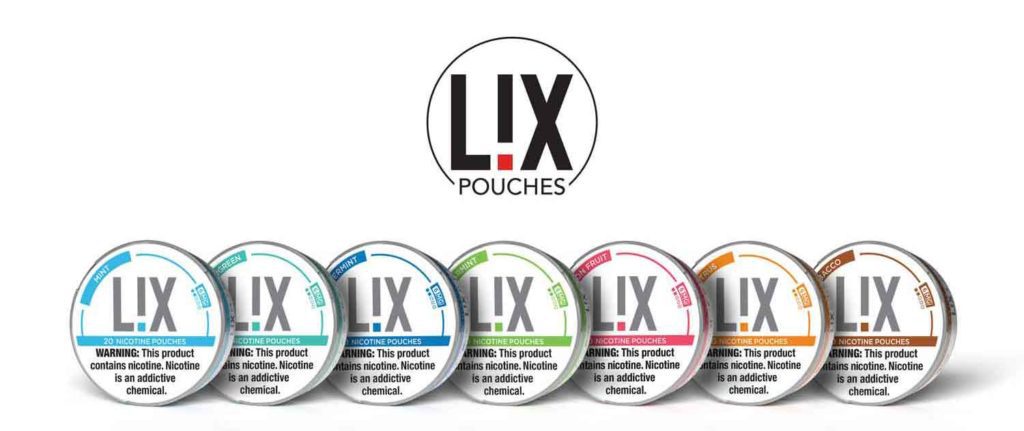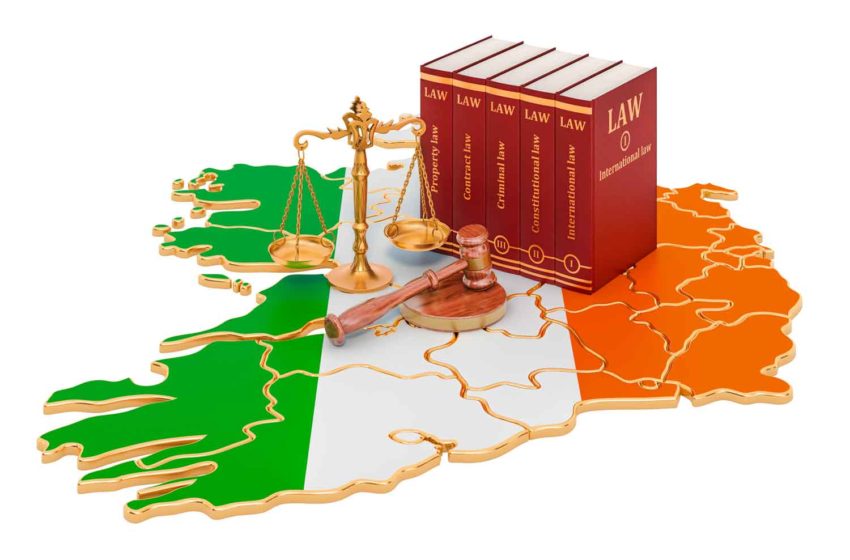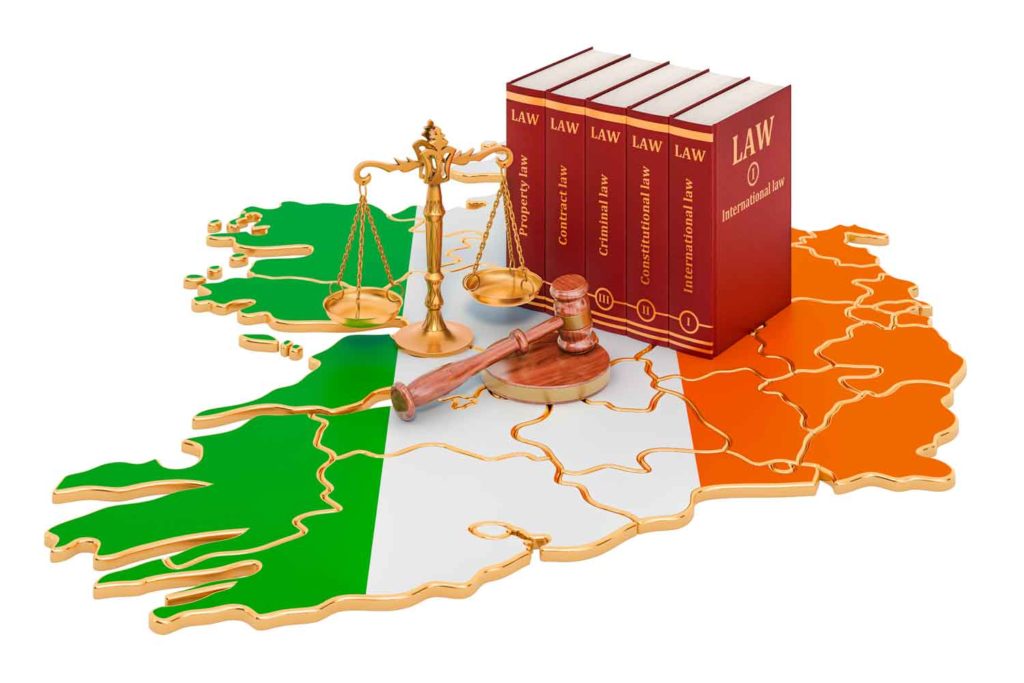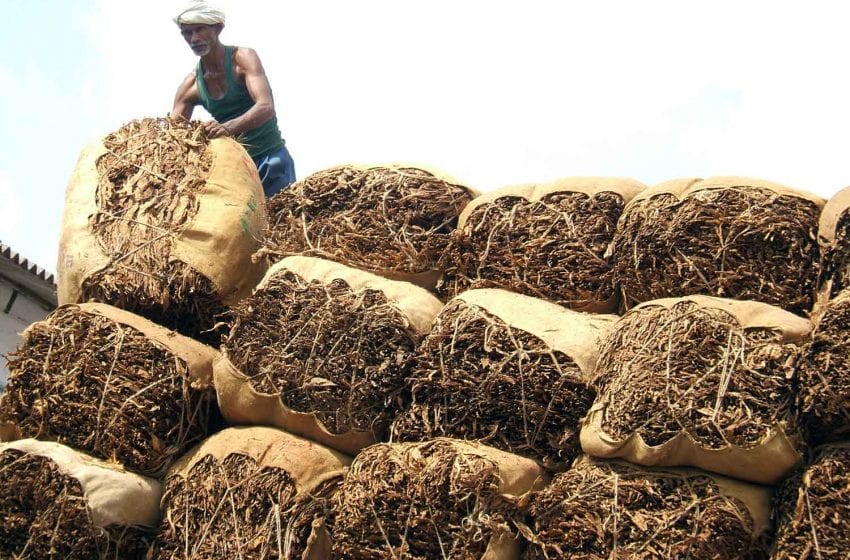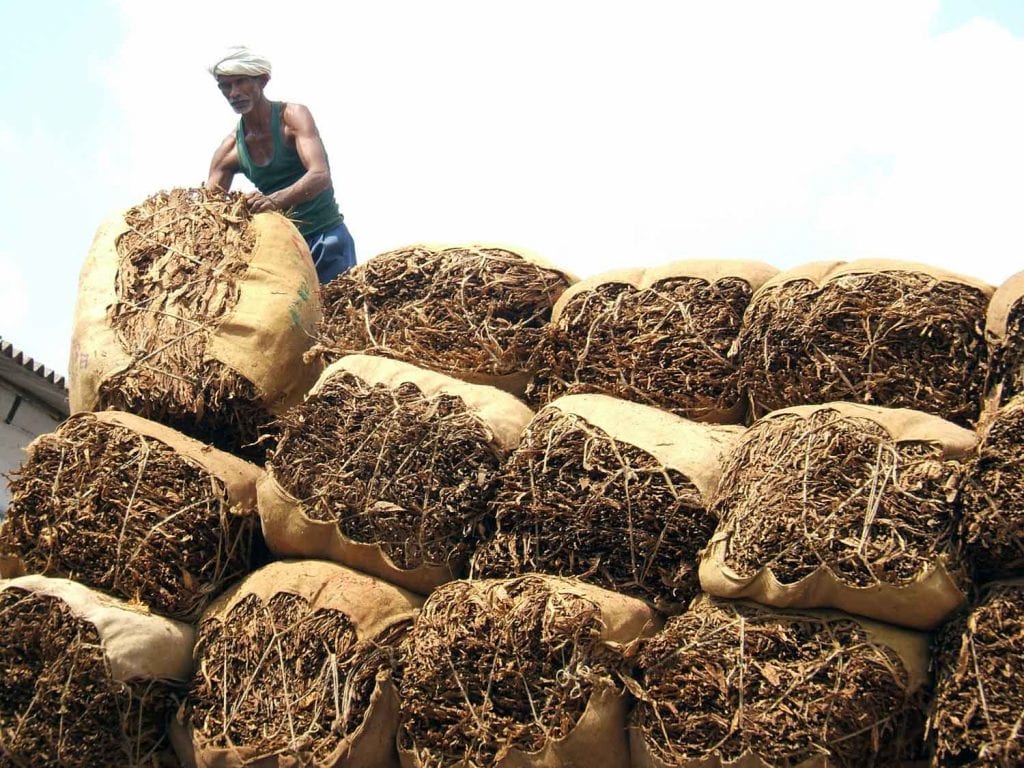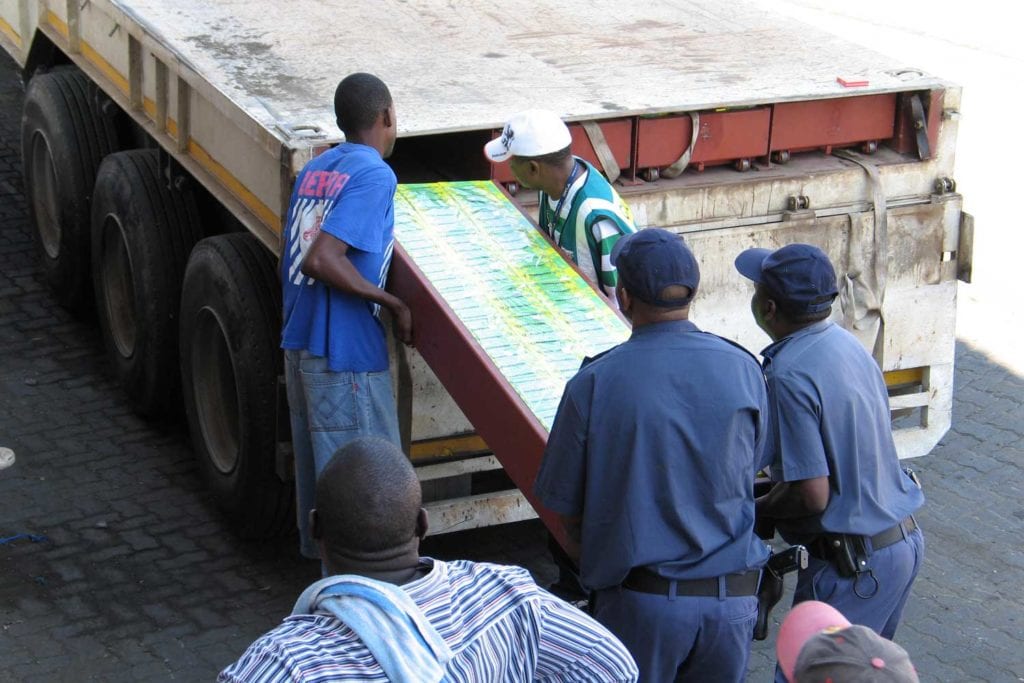
BAT is looking to restructure its South African business following a drop in legal cigarette sales. The process may affect 200 jobs.
The cigarette maker attributed its predicament in part to the five-month cigarette sales ban that South Africa implemented in 2020. Intended to help prevent the spread of Covid-19, the measure was later declared unconstitutional by country’s Supreme Court.
By then, however, the damage had been done, according to BAT.
“The 2020 tobacco sales ban resulted in an explosion of growth for the illicit market. This has continued even after the ban on tobacco sales was lifted,” the company said in a statement.
In 2019, BAT South Africa permanently employed around 1,800 staff across its South African operations. Since 2020, it has been forced to retrench more than 30 percent of its workforce, the company said.
Over the same period, the company’s cigarette sales dropped by around 40 percent as the illicit market accelerated, it said.
Based on independent studies, BAT South Africa estimates that the illicit cigarette trade accounts for up to 70 percent of South Africa’s total cigarette market. This illegal trade has severely impacted the sustainability of the legal tobacco industry and is a source of funds for criminal organizations in South Africa,” BAT wrote.
The company urged for stronger enforcement and new policies to combat the illicit trade.
“While BAT South Africa applauds recent efforts by the South African Revenue Service (SARS) and law enforcement agencies to clamp down on the illicit cigarette market, it also calls for even stronger action, given that the current approach has not stopped the growth of illicit cigarettes.
“SARS has issued important new policies, but now it is time to audit manufacturer policy compliance. To support law enforcement agencies and increase their effectiveness, as well as help consumers differentiate between illicit and legal market offers, a minimum retail price policy is required.
“The illicit trade robs South Africa of billions of rands in much-needed tax revenue, and the impact of this is now clearly being seen on legitimate businesses, their operations, and, unfortunately, the livelihoods of those in their value chains. Legitimate businesses cannot operate competitively if the country’s laws are not enforced.”
BAT did not give details of how it would restructure its business or which jobs might be cut.

